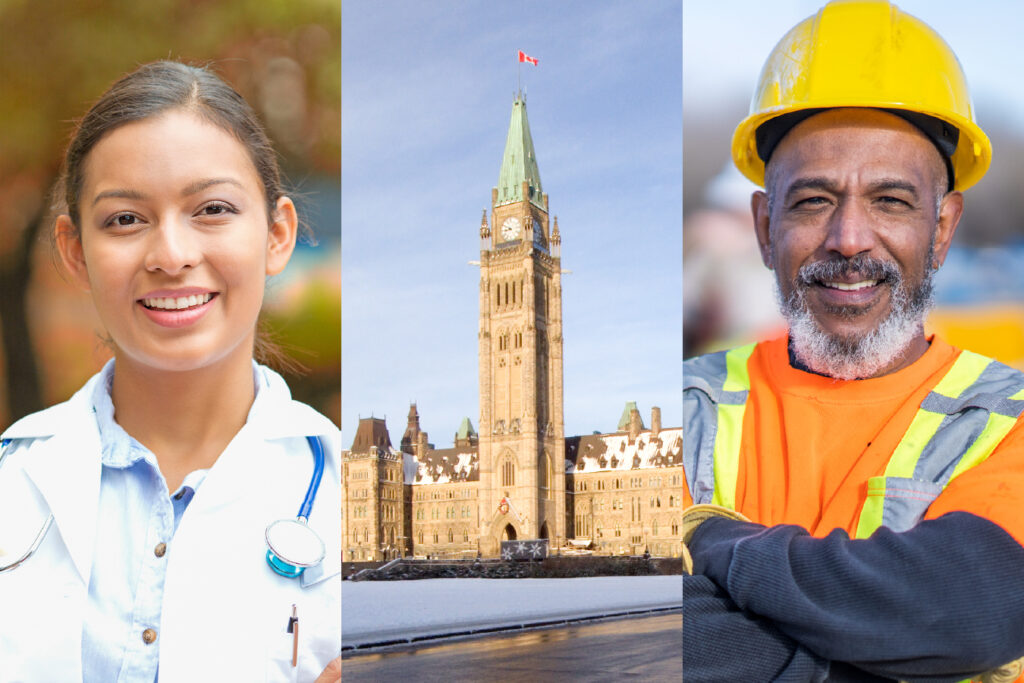[This is continued from Part 1 of Manjushree Thapa’s interview.]
This is such a clichéd question, but has the proliferation of social media opened up more opportunities for writers?
It has created a lot of platforms, so I think it is actually a good time to be a beginner writer. I think, in terms of making a living, it has made it trickier because there are so many people who are willing to write for free. People who want to be paid for their writing feel stuck with looking at the same traditional publishing outlets like newspapers and magazines.
Are there more ways to connect with your readers now? Twitter, for instance. Is that helpful?
I guess so, to a certain degree. Twitter is also a massive distraction.
I feel like I know a lot more about what’s going on in Nepal, but I do not know what the advantage is in being in touch with your readers because your main focus should be on producing good writing. You can be amazing on Twitter, but if your books are getting worse because you are spending too much time there, then it becomes a question of priority. It’s a tricky terrain to navigate.
The print landscape has shifted like you said. There are many other platforms where people can share their writing, whether they are good or bad, free or paid. How do you stay ahead of that and not feel overwhelmed?
It has been genuinely hard to figure out. One of the things I have never done is create a blog even when a lot of pressure was placed on writers to have one. A lot of people have interesting blogs, but then the question becomes similar to Twitter: Is it taking away from your main thing or is it serving it? A lot of people are not writing blogs because they are preserving it for publishing. Within the book industry, it looked like self-publishing was going to take over and then it’s like how would you know what is good and what is not good? Anyone could write a book, and really interesting things can come out of that open space, but if you want to read a Toni Morrison, you go to the bookstore, through the traditional avenues again.
Everyone thought that physical books were going to die out. They haven’t. More people than ever are reading books. There is more diversity in what they are reading. Some people prefer blogs, some books.
You write both fiction and nonfiction. Is one more fulfilling than the other as a writer?
Right now, I want to write nonfiction. I haven’t really written serious nonfiction since maybe 2006 or 2007—just a few essays here and there. What I miss from that—what makes nonfiction wonderful—is that it relates to the world. You go out, you research, you interview people, you see things, and write about them…it’s being in the world around you. Whereas fiction, particularly a novel, is just like a madness, an inner thing you are spending all your time on with people who don’t exist. You have given them problems that you need to solve.
Do you pull some stuff from your own life?
Yes, a lot of stuff is in it. It sort of becomes this obsessive, weird, inner compulsion to write, and it purely satisfies to that end. I have been writing mainly fiction for 10 years and I’ve just missed nonfiction.
Fiction is a lonely enterprise.
Overall, I feel fiction writing is much more difficult and personal; it’s wrestling with your demons. Nonfiction is just fabulous. It’s so much fun. You know what the parameter is, the subject matter. If you can find a way to do it really nicely, that’s the pleasure. Fiction: You’re just on this journey and you have no idea where it’s going to end.
I’m not going to write a novel for a long time.
One topic you are passionate about is language. In the context of immigrants in Canada, how do you ensure you do not lose your Nepali side—your language and culture—while you are settling in Canada?
When I was young and traveling to the U.S., around 12 or 13, I decided I was a feminist. I hated the idea of Nepal and I wanted to become American. I let go of the Nepali language and wanted nothing to do with it. So by the time I went back to Nepal after college, at the age of 21, I had to relearn it. It was very embarrassing, but I’m really glad I did it because it opened up a world that I had deliberately closed on myself. The intellectual life of a whole society and so on. I don’t know how immigrant parents manage here. Everyone has their own strategies. It’s a struggle, but I feel it’s important, particularly if you’re in a creative, intellectual, or academic field. It opens up an alternative consciousness and makes your awareness of the world much deeper. But it’s an individual choice. I’ve seen Nepali kids here who did the same thing as me and maybe they will never regain it.
In my work at WES Global Talent Bridge, we talk a lot about the integration of skilled immigrants into the workforce. It’s important that we properly get them up to speed in terms of working here, but in some ways, I find that there’s also this thing about integration versus inclusion. The notion of integration oftentimes rubs up against how you speak English; of seeing Ph.D. grads driving taxis—their education, experience, and skills not being valued because they are not Canadian or American enough.
It’s a very complicated issue. You see a kind of ghettoization of a lot of immigrant communities forming their own enclaves, either due to a sense of security, or the inability to enter the mainstream. I think that’s a good distinction about integrity and inclusion. It’s important that immigrants are integrated economically, politically, and socially, but to also have the choice to culturally be themselves. This whole issue of multiculturalism here is like a slogan; it’s a great thing to aspire toward but I don’t see it happening meaningfully.
What are you excited about in the coming weeks and months?
Blue skies. I finished up a pile of big projects and I want to start writing nonfiction. I’m putting together my thoughts on the next things to write.
Any particular areas you want to focus on?
Canada. I don’t want to just live here and write about Nepal. That seems weird to me, to not somehow be related to the place you’re in, and so that’s something I want to explore. There are a lot of people writing about their parent homelands out there. I don’t want to do that. I want to write from places of complexities that include where I am now.
Are there any authors that have experiences similar to yours?
Tash Aw. He’s from Malaysia, raised in Britain, and goes to Nepal a lot. He’s as much a part of the West as he is of the East, to use a generalizing statement. He’s complex too. He has a deep engagement with the form.
What books are you currently reading?
There’s a book called Dictee by Theresa Hak Kyung Cha. She was murdered in the basement of an apartment building. She is of Korean background, and when you think of Korean American literature, it’s right in the middle. It’s neither Korean nor American and it’s very singular and personal. I’ve been having this craving to reread her every five years, like I need a renewal. The other books I keep returning to are Virginia Woolf. I also do that with Michael Ondaatje.
Your book, All of Us in Our Own Lives, was released in Asia last year. Can you tell us a little bit about it?
It’s set in the international aid world in Nepal. The protagonist is Canadian, but originally adopted from Nepal and raised in a well-to-do family. She works in Bay Street with a career she doesn’t like, so she leaves that job to go to Nepal to work in an international aid organization where she runs into corruption, cynicism, and all of the other problems of international aid in a third world.
When will it be released here?
2018.
It’s Canada’s 150th birthday this year. Are you looking forward to anything in particular?
I got a pass to visit the national parks, so maybe I’ll check them out. Outside of that, I didn’t really think about it. Again, I don’t know what to make of being a Canadian. My own thinking is, I’ll go to meetings that my elected
officials have, write petitions—
What kind of petitions?
Anti-racism.
When you are speaking to people back home, how do you describe Canada?
I can’t tell you the number of conversations I’ve had with people who want to come to Canada. It’s all very pragmatic. I spend a lot of time on the official Canadian website, telling people: here, take this test; this is the process; no, I cannot sponsor you; no, there is no shortcut. There’s a lot of space here. You can do a lot and get a lot.
How have you dealt with the cold in Canada?
Something changed in me physically around 2011 and 2012. I spent two months in Yukon. Before that, I used to find the winter extreme. But after coming back from there, until it gets to -10°C, I don’t even think of my winter parka. It’s too warm. The Yukon changed everything.
How are immigrants important to Canada?
It brings the whole world here. It makes Canadian culture as complex as the whole world. This incredible hunger to move, to better yourself, and to move toward some light. And I think this is something Canada is going to be enriched by: culture and renewal and growth and being a part of the world.
If someone asked you what your story is, how would you say it?
I’d say I was born in Nepal to very educated parents—my dad was a Ph.D. and my mom was a medical doctor. I was lucky to have parents who believed in equality and education. My parents were posted in Washington, D.C., where I got my high school education. I was still in formation in 1990, the year Nepal become democratic. My entire life after that was engaged in Nepal’s search for democracy, and now I’m living in Canada. That’s my story.
Thank you very much.
Thank you!
Interviewed by Gelek Badheytsang on March 8, 2017. Transcribed by Sahra Togone
(Research Intern, WES Global Talent Bridge). Photos by Badheytsang.





